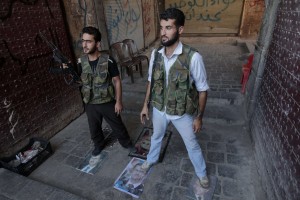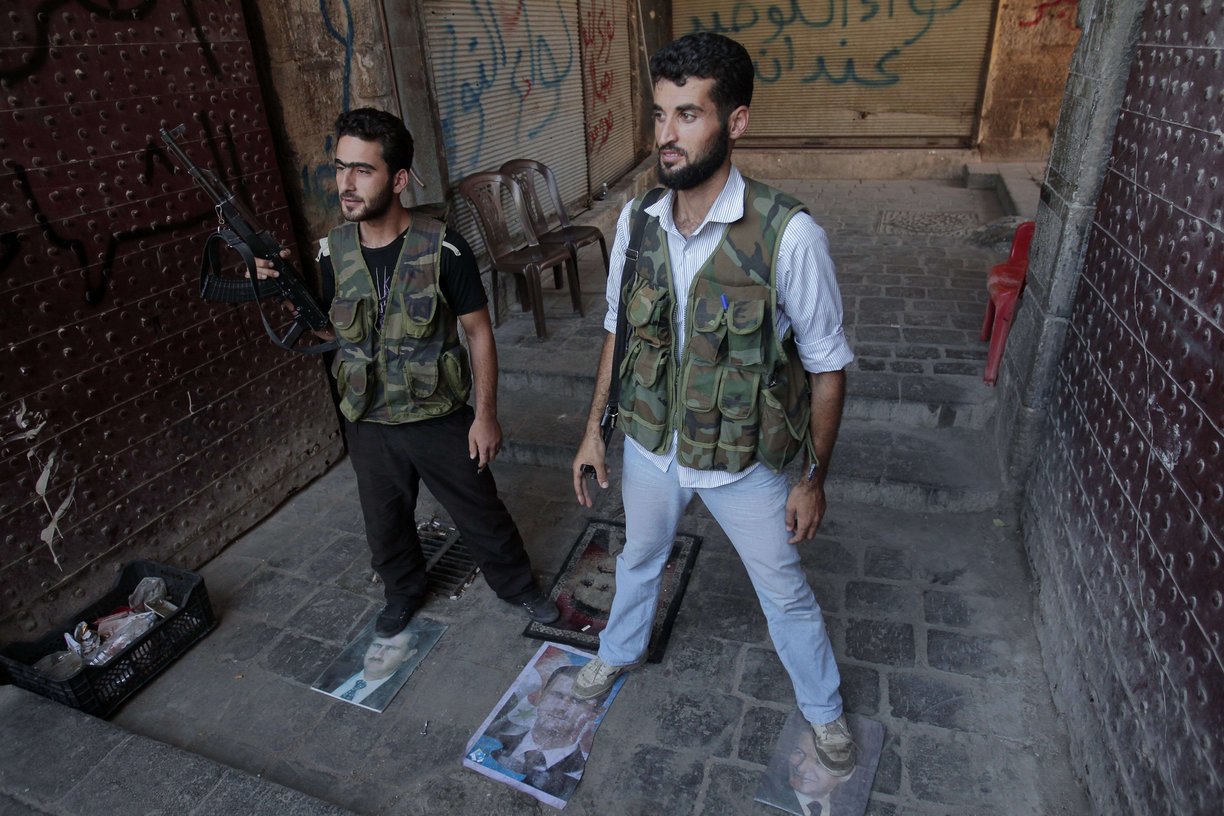
In one of the United Nation’s few acts of unity on Syria, on Friday the UN General Assembly overwhelmingly approved a resolution condemning and calling an end to ongoing violence in Syria. Of the 193 members of the assembly 133 voted in favour of the resolution. Twelve countries voted against the motion and 31 member countries abstained.
The countries that voted against the resolution were notable themselves and included Belarus, Bolivia, China, Cuba, North Korea, Iran, Myanmar, Nicaragua, Russia, Syria and Venezuela. The resolution was drafted by Saudi Arabia.
The resolution chiefly states, “Gravely concerned by the escalating violence in Syria, the General Assembly today strongly condemned Damascus’ use of heavy weapons in civilian areas and its widespread violations of human rights, demanding that all parties ‘immediately and visibly’ commit to ending [the] conflict…”
The language markedly slammed the Security Council’s “failure to agree on measures to ensure the Syrian authority’s compliance with its decision” and goes on to single out Russia and China, the two members of the Security Council that have repeatedly vetoed resolutions to pressure President Bashar Al-Assad and his government.
Unsurprisingly, the resolution was heavily criticised by Russian and Chinese authorities. In a statement issued by the its Foreign Ministry, the Russian government reacted to the resolution claiming, “This document is of a one-sided and unbalanced nature…Moscow believes that this document in its present-day form does not contribute to achieving the stabilisation of the situation and to terminating the violence in Syria.”
China expressed their disapproval in a press conference on Saturday in Beijing where officials lashed out at the West for “intervention in domestic affairs.”
The resolution came one day after the resignation of Special Envoy to Syria from the UN, Kofi Annan, whose six-point plan had failed to prevent escalating violence that is now concentrated in the capital of Damascus and the commercial hub of Aleppo.
Strongholds in Aleppo and Damascus were subject to heavy shelling and gunfire going into Saturday.
Witnesses on the ground and UN observers have reported machinegun rounds being fired from helicopters.
On Saturday rebel forces clashed with government troops over the state TV and radio building in Aleppo. However, the rebels under heavy fire were forced to withdraw.
Al-Assad forces also engaged rebels in Damascus aggressively, where the FSA has been suffering losses over the past week of clashes. By Saturday afternoon, the Syrian Observatory for Human rights (SOHR) reported 70 dead including 47 unarmed civilians.
Most of the fighting in Syria is now concentrated to its two largest cities, and control of either city remains a high strategic goal for both sides.
SOHR also reported intense fighting in the Damascus neighborhood of Tadamun and clashes in the Aleppo neighborhoods of Salaheddine and Maysaloon.
On Saturday, Iran’s consular chief in Damascus told the Iran state-owned IRIB network that 48 Iranian Shia pilgrims had been kidnapped. They had traveled to Damascus to visit the Shrine of Zeinab, a popular Shia pilgrimage site. There are no reports on the abductees or the group that took them, but Iran has stood as a staunch Al-Assad supporter during the 17-month uprising.
According to reports from the Syrian Military Council Brigadier and head of contracting for arms in the Syrian Interior Ministry, Ahmed Tlass, and Director of the Military College of Defence, Mohamed Al-Hajj, have both defected.
The uprising’s most prominent defector Manaf Tlass has called for a united opposition. However, rebel forces have expressed uncertainty as to his credibility due to his historically close relationship with Bashar Al-Assad.


